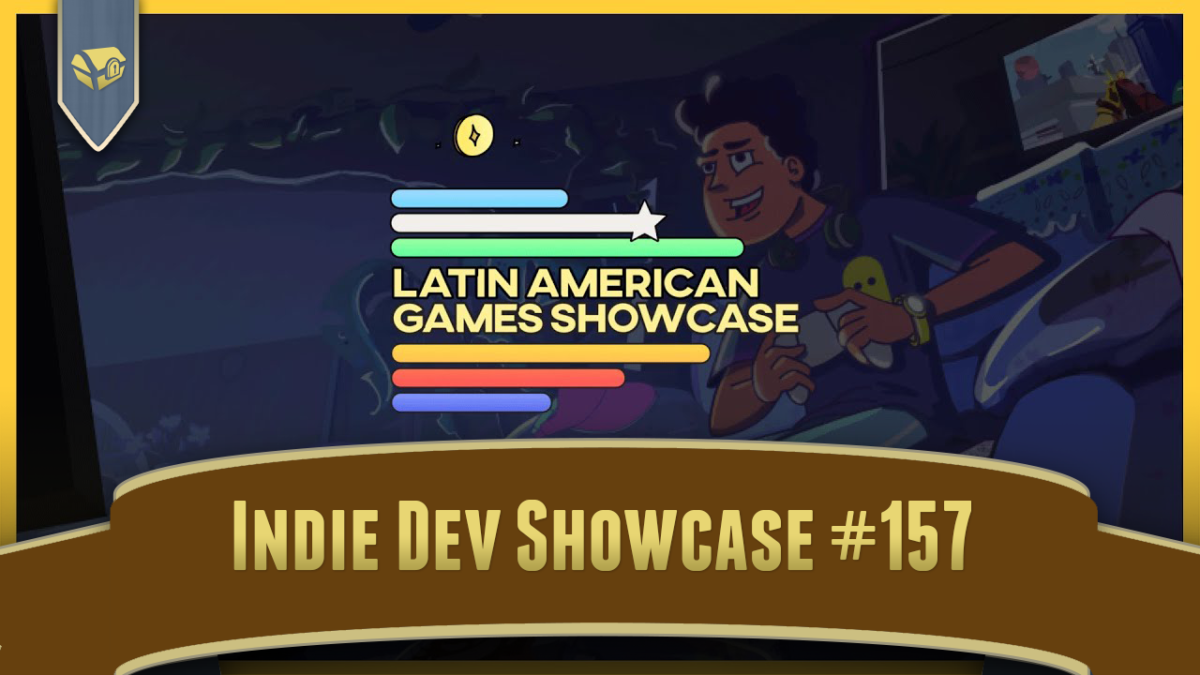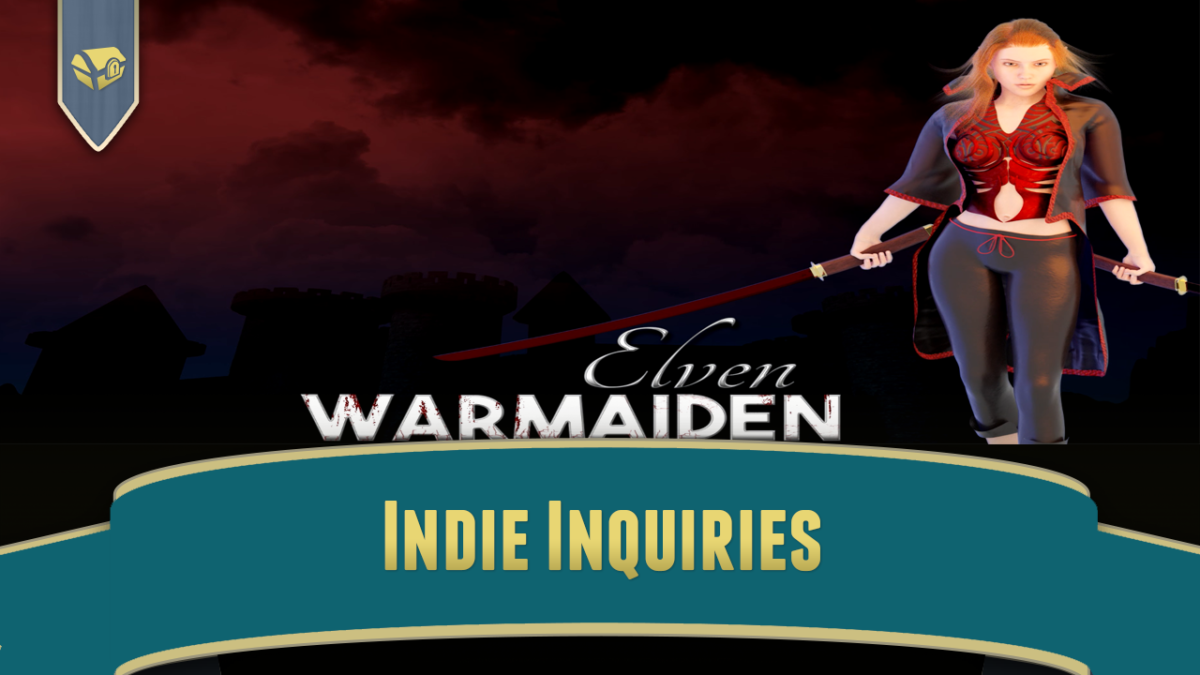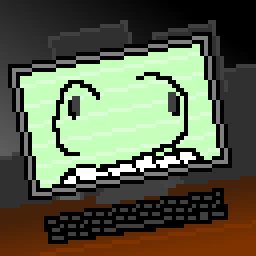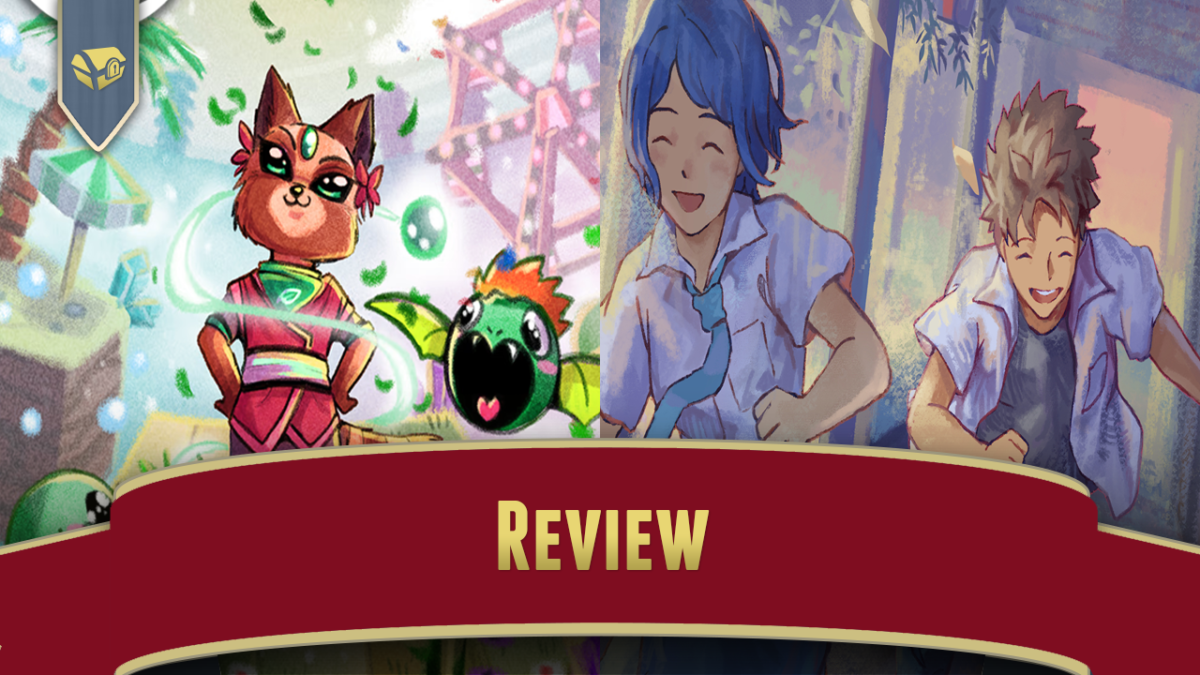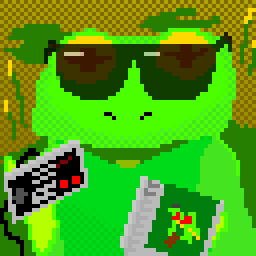
On Romhack Thursdays, we bring you interesting finds from the world of game modifications.
There was a period during the 8-bit era where games best known for being on the NES could get ports to other machines. Most of the ports we got in the US and Europe were not that great. There were a fair number of classic NES games with lackluster home computer adaptions. Even the best of these, like Mighty Bomb Jack, Castlevania and Life Force for the Commodore 64, usually paled compared to their NES counterparts.
I put the blame for this on the cartridge format. While a much more expensive media for releasing software than disks or tapes, it had the great advantage of being enormously flexible. The whole phenomena of mapper chips and other in-cart add-on hardware on the NES had no counterpart on the C64 during its heyday, even though there was really no reason the ’64 couldn’t use the same kinds of chips that the NES used.
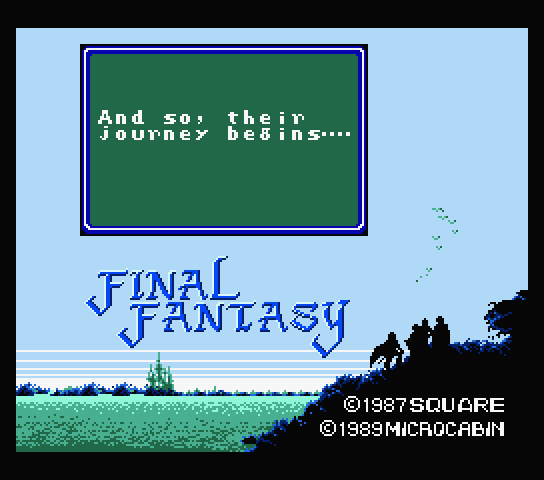
Things were a little different in Japan on their native microcomputer platforms. While anemic ports were certainly possible there (like the infamous Super Mario Bros. Special) a fair number of console games got pretty good computer ports. Many of the best of these were for the Sharp X68000, a system I really must cover in detail soon, but the MSX platform got a fair number, many due to the efforts of Konami.
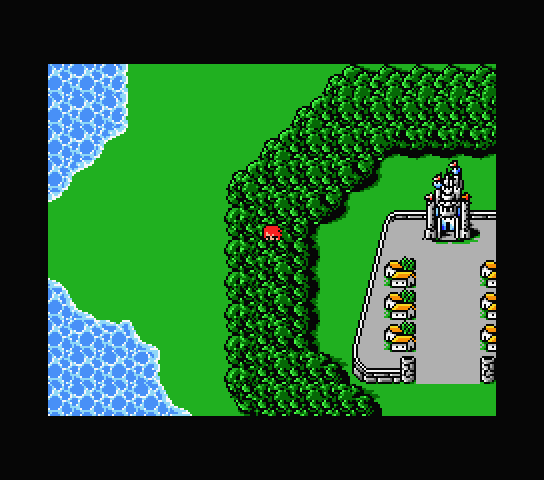
Both Dragon Quest and Final Fantasy for MSX ports with their own unique properties. Today’s post is about Final Fantasy, which recently got an English translation, and which in play and structure resembles its NES original to a large degree. It’s even a slight upgrade, with more colors in its characters and able to make use of an MSX sound expansion cartridge for improved music.
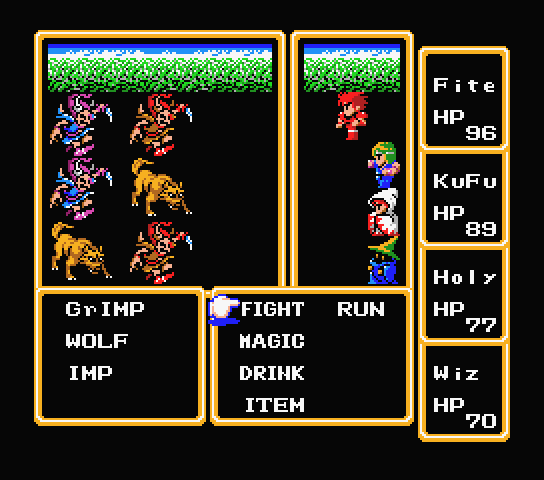
The game was reimplemented from the ground up, so it’s even missing many of the bugs that the Famicom original, forged out of raw bytecode as it was by consummate hacker Nasir Gebelli, is known to have. It would probably be the definitive early version of Final Fantasy if it didn’t play painfully slowly. You can’t see it in these screenshots, but instead of the world sliding smoothly across the screen as on the NES the terrain snaps by in eight pixel steps, and your party also walks more slowly than on Nintendo’s machine. And while it’s not as bad as loading times in the Playstation 1 Final Fantasy games, the game still lingers on a blank screen for several seconds when fights begin and end, which will drive you nuts before long.
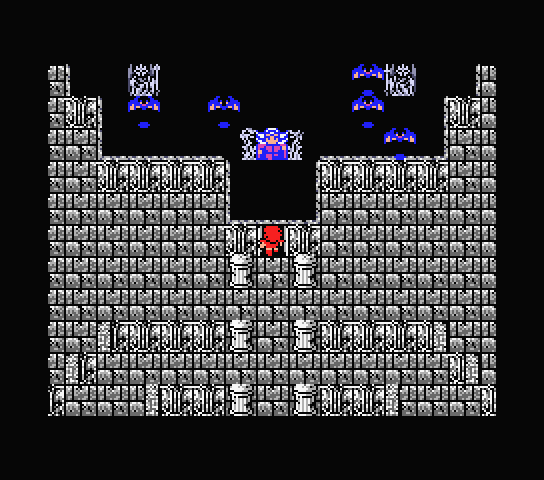
The English translation patch that FCandChill put together basically just uses the NES game’s script, so no surprises there. These days games in the style of those early JRPGs are quite out of style, but if you still have a hankering to play a game that basically demands that you grind out levels to have a chance and where you will almost certainly total party wipe at least once during your run, you could do worse.
English translation patch of Final Fantasy for the MSX2 (romhacking.net)

